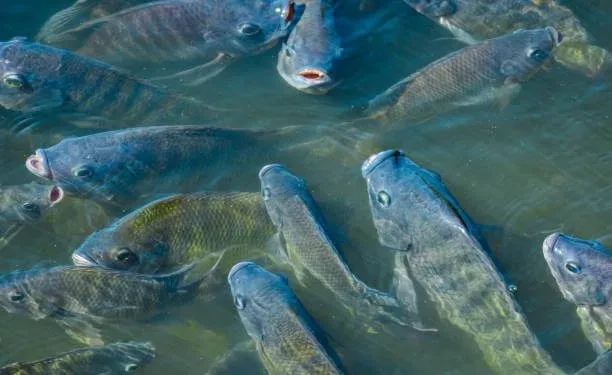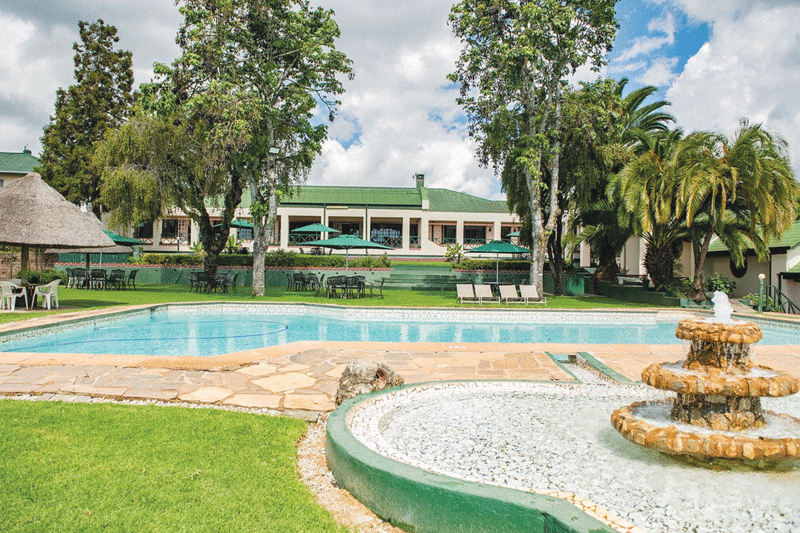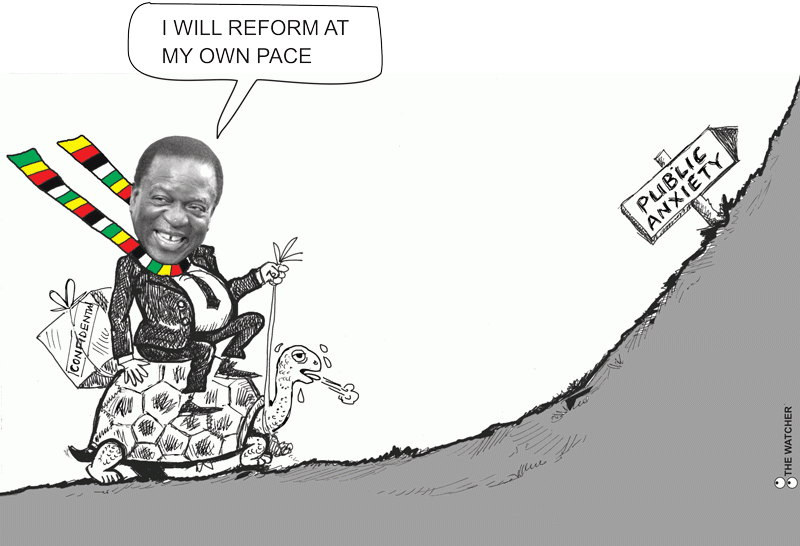
Last week we ran an article on fish farming. One of our readers highlighted that we did not exhaust the problems that fish farmers are facing.
So, we felt that we should explore the topic more.
According to Gretaer Toriro, an animal scientist, like every subsector in the agricultural industry, fish farmers face several challenges. Listed below are some of these challenges.
Pests and diseases
Pests and diseases pose a serious threat to the aquatic ecosystem and aquaculture industries.
Diseases in aquarium can wipe out entire investments.
While there are chemicals pesticides to deal with pest, the best way to address the problem is to manually get rid of them.
Chemical usage in fish farming does not often produce good results.
- Investing in fish farming
- How to start a fish farming business
- Developing a winning fisheries project
- Feature: Fishponds bring hope for Cyclone Idai victims
Keep Reading
Where possible, farmers are encouraged to have erect houses to avoid and limit pests and diseases.
Some farmers have no knowledge about fish pests and diseases and how to control them.
This problem keeps impacting negatively on the success of fish farming businesses.
Farmers should make use of concrete ponds, plastic tanks and mobile tarpaulin tanks as shelters for their fish.
They must avoid the use of earth ponds, pens and cages, which are prone to flooding. Making sure the fish is health is important.
It determines whether the farmer will make a profit.
Slow growth, poor feed consumption, low yield, increased diseases and mortality are the resultant effects of poor fish health management.
Therefore, fish health management should be taken seriously to ensure that these projects are profitable.
This can be achieved by choosing a farm site with good water quality and quantity, high quality feed (both in nutrition and size) and quality brood stock.
Biosecurity is also important in preventing or reducing the risk of introducing or spreading infectious disease in to or between fish the population.
Experts have indeed said that fish can be vulnerable to tissue decomposition and microbial spoilage because they begin to depreciate as soon as they are harvested from water.
Through proper funding, players in the fish farming value chain can adopt the use of technology in storage and processing of their products.
High costs of fish feeds
The cost of feeds is one of the major cost centres in fish production.
Fish under culture must be adequately fed so as to produce maximum weight, and a marketable product within the shortest time possible. Most of these feeds are formulated produced at high costs.
Inadequate financing
Fish farming requires intense financial investment.
There have not been serious out grower schemes in the fish farming industry in Zimbabwe.
Poor quality brood stock
It is encouraged that when one decides to venture into fish farming, they must engage the National Parks and Wildlife Management, a government agency in Zimbabwe that deals with wildlife.
This department has the best pure breeds of fish in the industry.
Spokesperson Tinashe Farawo says the department has invested heavily in breeding stock.Not all fish species perform well.
For a profitable venture, the farmer’s ideal candidate species must have either of the following qualities:
- Easy to breed in captivity, such as Tilapia
- Fast growing, such as the Hetrobranchus
- Hardy and resistant to diseases, such as Clarias, which is also known as Catfish
- Tolerant to poor water quality, such as the Clarias
- Easily fed with supplementary feeds, such as in the case of Tilapia
- Low production costs, such as is the case with Tilapia and Clarias breeds
- Easily marketable to consumers like in the Tilapia, Hetrotis, Carp and Clarias breeds
Proper housing methods, market stabilisation and linkage. Market failure is one of the major problems of fish farming.
Fish farming in particular and agriculture in general, can’t be successful without marketing — getting the products to consumers.
Price fluctuations affect farmers revenue.
- Gwabanayi is a practising journalist and a farmer in his own right. — 0772 865 703 or [email protected]











